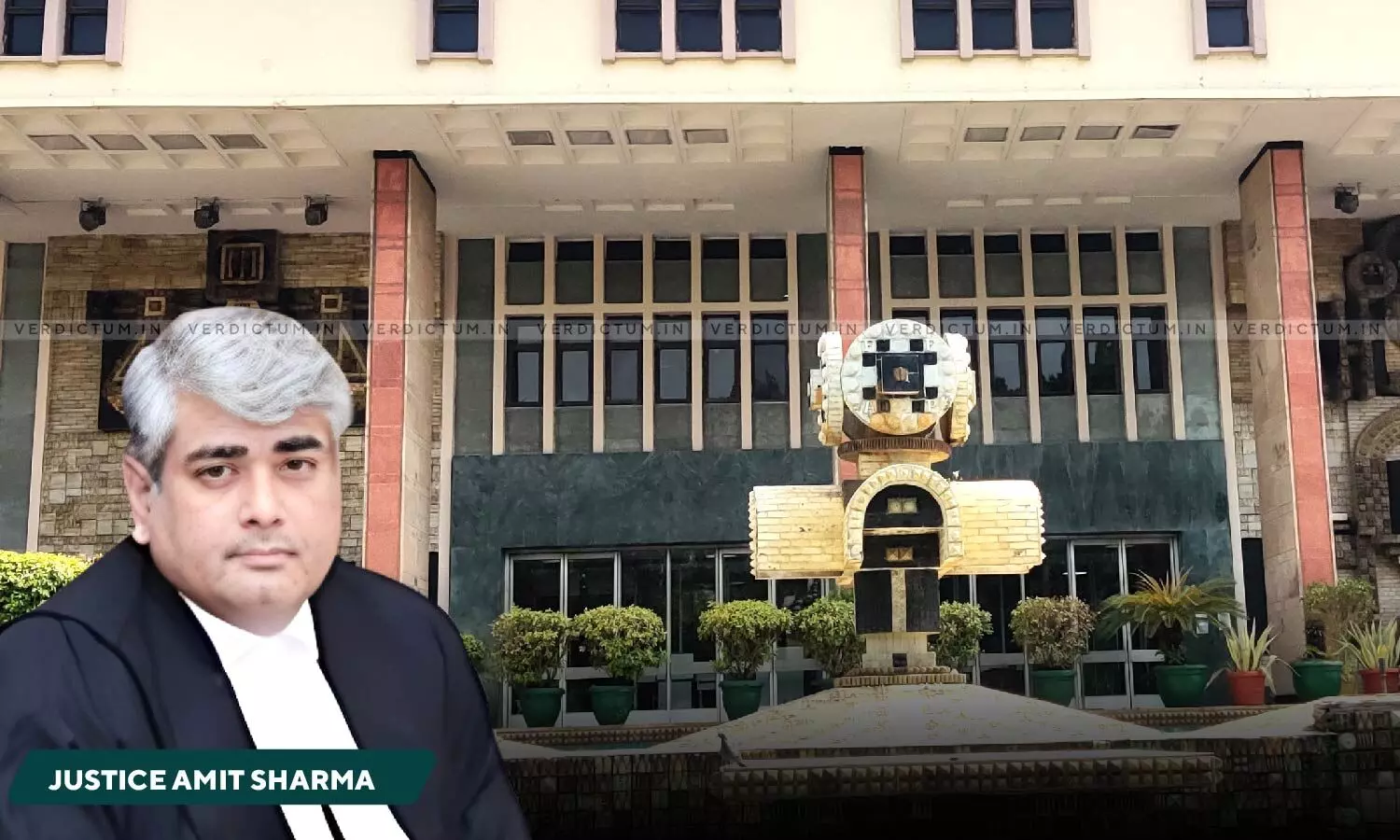
Sec 167 CrPC Must Be Complied With When Making Arrests U/s. 19 Of PMLA: Delhi HC While Upholding Interim Bail Of Accused
 |
|While upholding the interim bail granted to an accused in a money laundering case, the Delhi High Court held that the exercise of power of arrest by the Enforcement Directorate (ED) was totally unjustifiable.
The High Court pointed that even if the accused was detained based on a lookout circular in pursuance of the non-bailable warrants, there was no compulsion for the department to arrest the respondent based on the same, since the arrest was not made in exercise of powers under Section 19 of the PMLA.
A Single Judge Bench of Justice Amit Sharma observed that “when the person is arrested in exercise of powers under Section 19 of the PMLA, the provisions of Section 167 of the CrPC have to be complied with and if Section 167 of the CrPC, 1973 is not applicable, then there is no role for the Magistrate either to remand or otherwise”.
Advocate Zoheb Hossain appeared for the Petitioner, whereas Advocate Aditya Singh Deshwal appeared for the Respondent.
As per the brief facts, a complaint was initiated by the Directorate of Enforcement under Section 44 of the Prevention of Money Laundering Act (PMLA) for alleged offenses under Section 3/70. This complaint named 11 accused persons, including the present respondent, Dev Inder Bhalla, who was identified as the Director of M/s Interdev Aviation Services Pvt. Ltd., Singapore. According to the department, they had issued summons to the respondent under Section 50(2) and 50(3) of the PMLA on several occasions to join the investigation, but he did not appear. Hence, to secure his presence, open-ended bailable warrants were issued by the Special Judge. The respondent arrived in India on the night of Feb 13, 2023. A look-out circular was in effect due to the open-ended non-bailable warrants, leading to the respondent's detention at the airport. Subsequently, the department executed the non-bailable warrants on Feb 14, 2023. The respondent was presented before the Special Court and remanded to judicial custody. On the same day, the department filed an application seeking police custody of the respondent. However, the Special Judge dismissed the application and granted interim bail to the respondent.
The department argued that in the present case, despite the complaint having been filed and cognizance being taken, further investigation was ongoing, and the non-bailable warrants issued by the Special Court were in operation. Since the respondent was arrested by executing the said non-bailable warrants, his arrest was deemed to be during further investigation.
After considering the submission, the Bench observed that in the present case, an open-ended non-bailable warrants had remained unexecuted until the complaint was filed, and cognizance was taken by the Special Court.
The Bench noted that these non-bailable warrants were never returned to the Special Court, and the complaint did not designate the respondent as an absconder, and there was no mention of the issuance of non-bailable warrants during the investigation.
Consequently, the Bench observed that arrest of the respondent in execution of the non-bailable warrants was unjust, since even if the respondent had been detained due to a lookout circular issued in connection with these non-bailable warrants, there was no obligation for the department to arrest the respondent on that basis.
The Bench found that after the completion of the investigation, a complaint had been filed, and summons had been issued to the present respondent. In such a situation, the department could not have arrested the respondent unless warrants were issued by the Special Court based on valid grounds.
The Bench clarified that the exercise of the power of arrest by the department was entirely unjustifiable, since the respondent had been presented before the Special Court in accordance with Section 73(3) of CrPC and not under Section 19 of the PMLA, as per their own application.
Thus, the High Court concluded that the Special Court had correctly rejected the application for remand of the respondent on behalf of the department.
Cause Title: Directorate of Enforcement v. Dev Inder Bhalla [Neutral Citation: 2023: DHC: 7599]
Click here to read/ download the Judgment